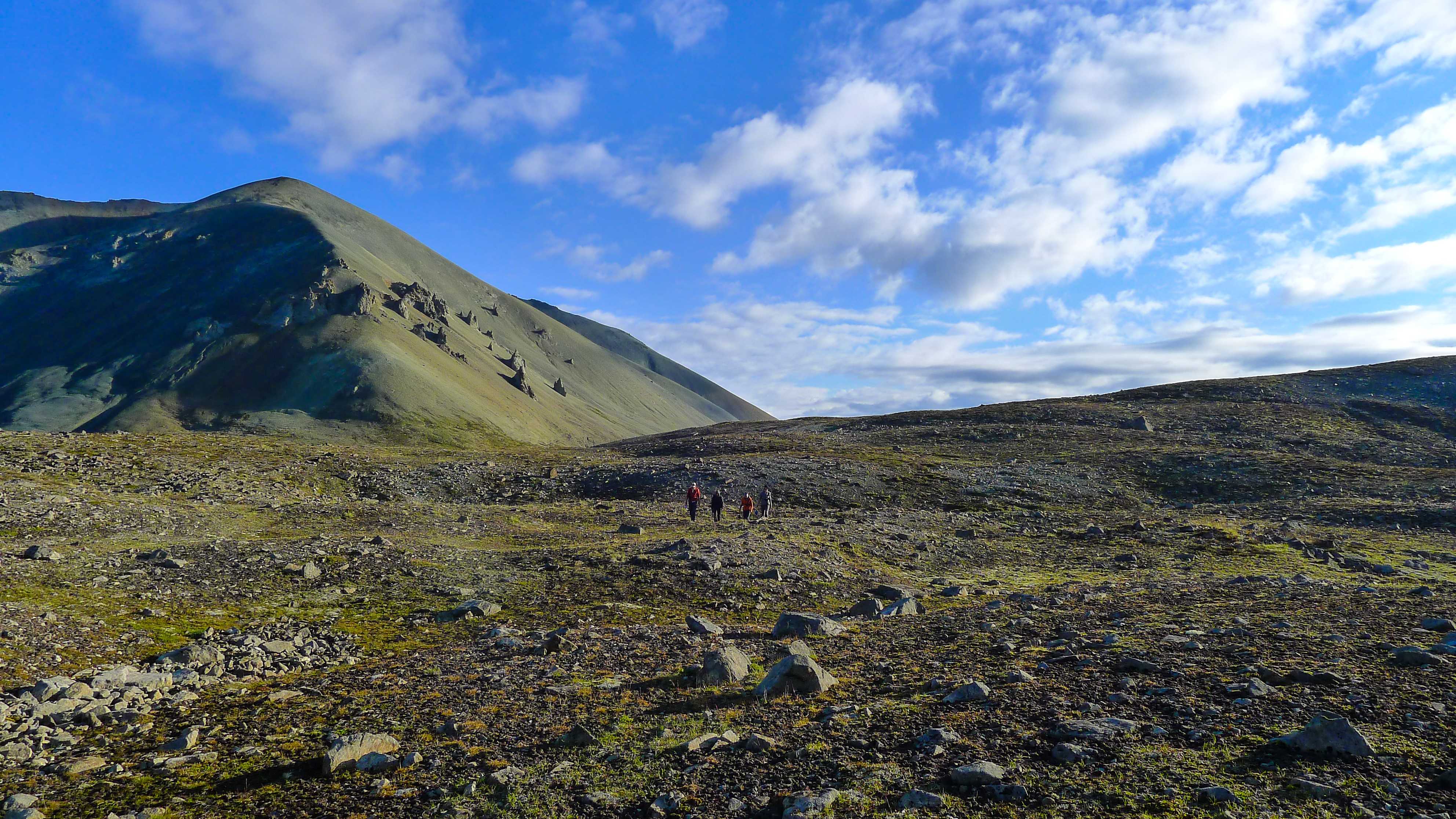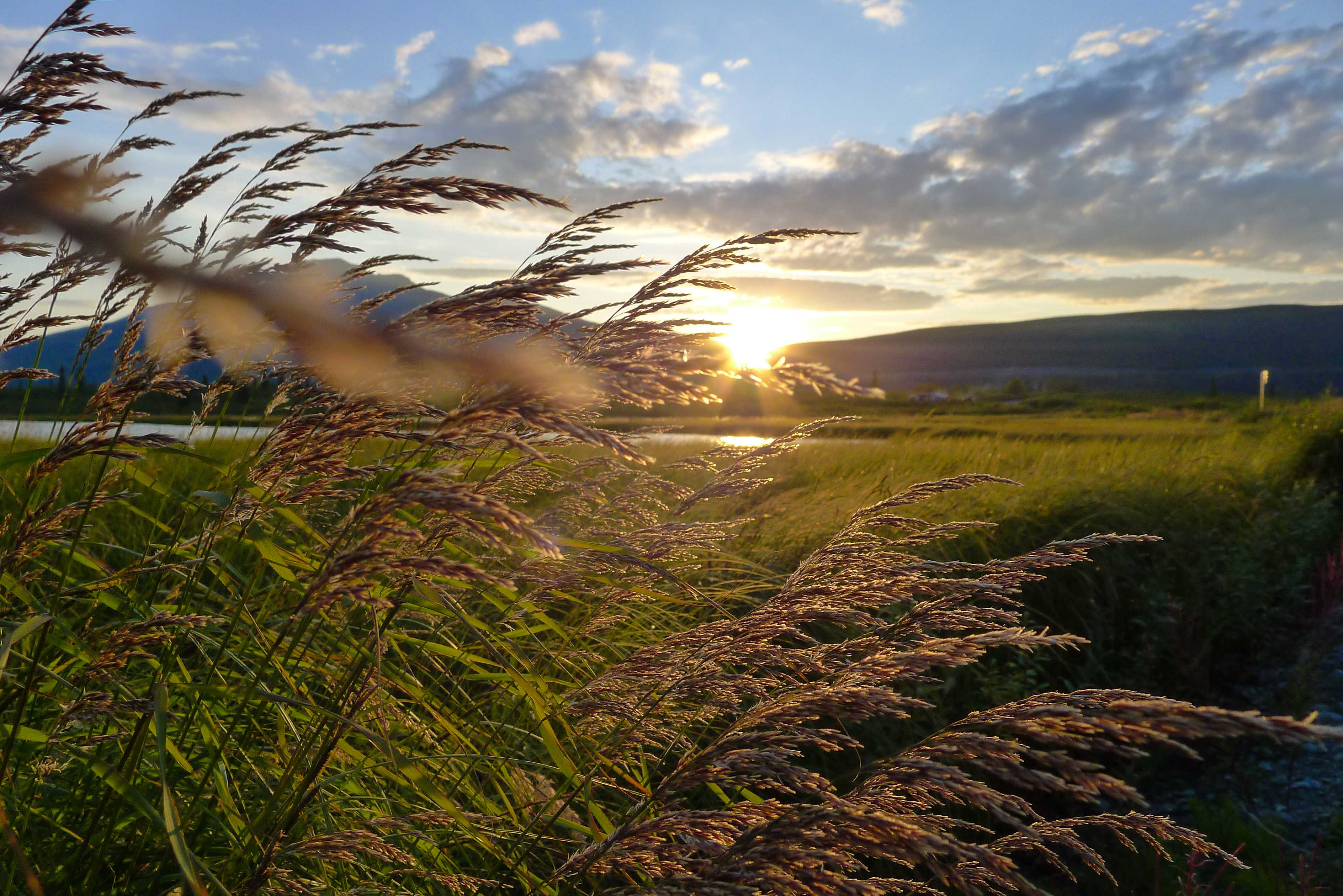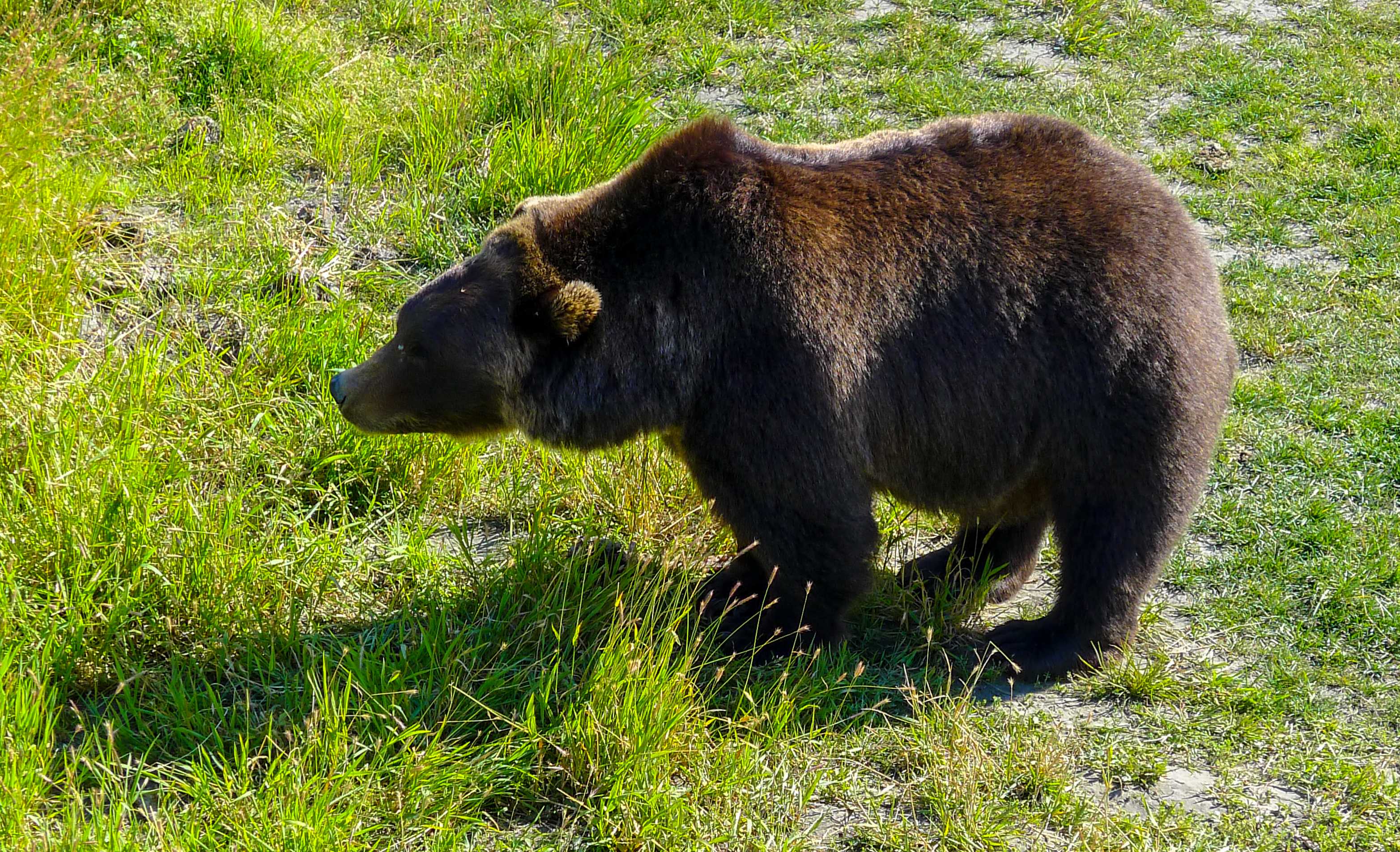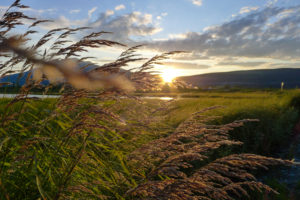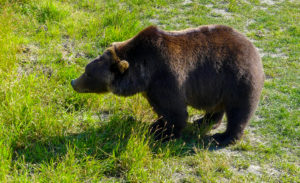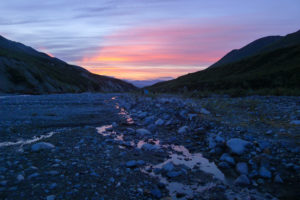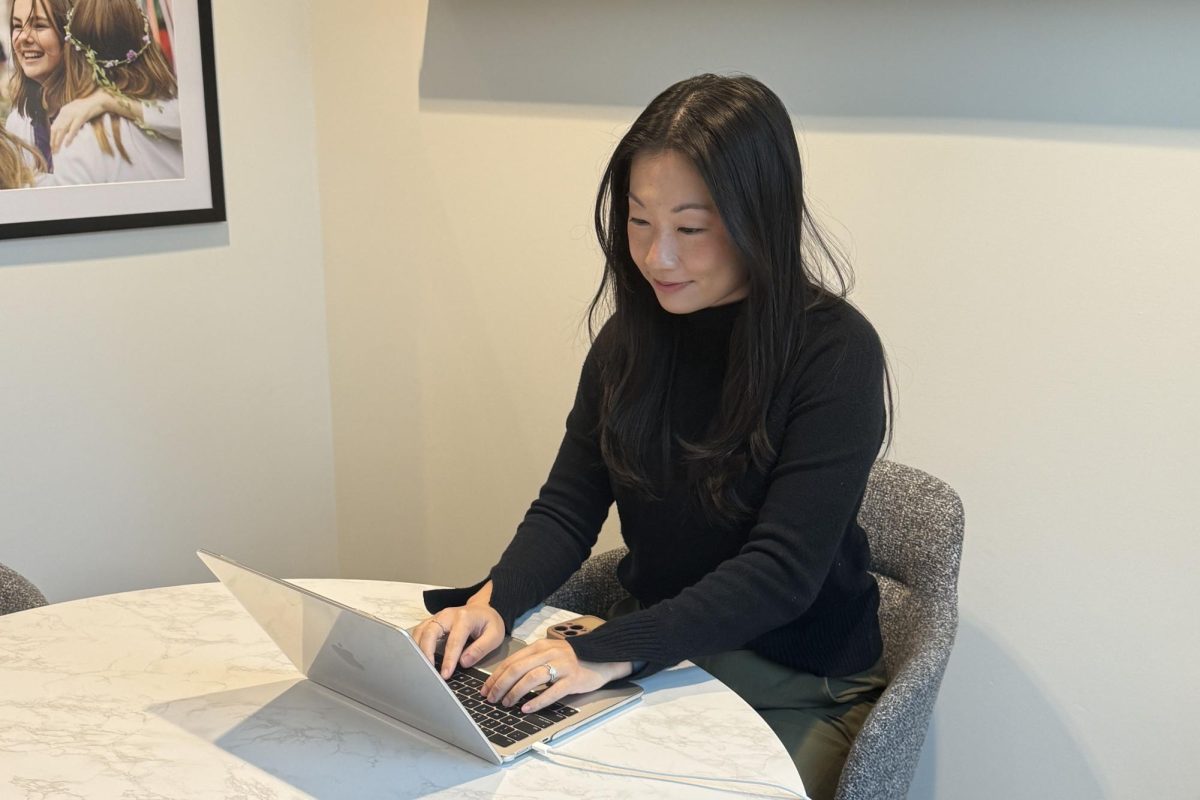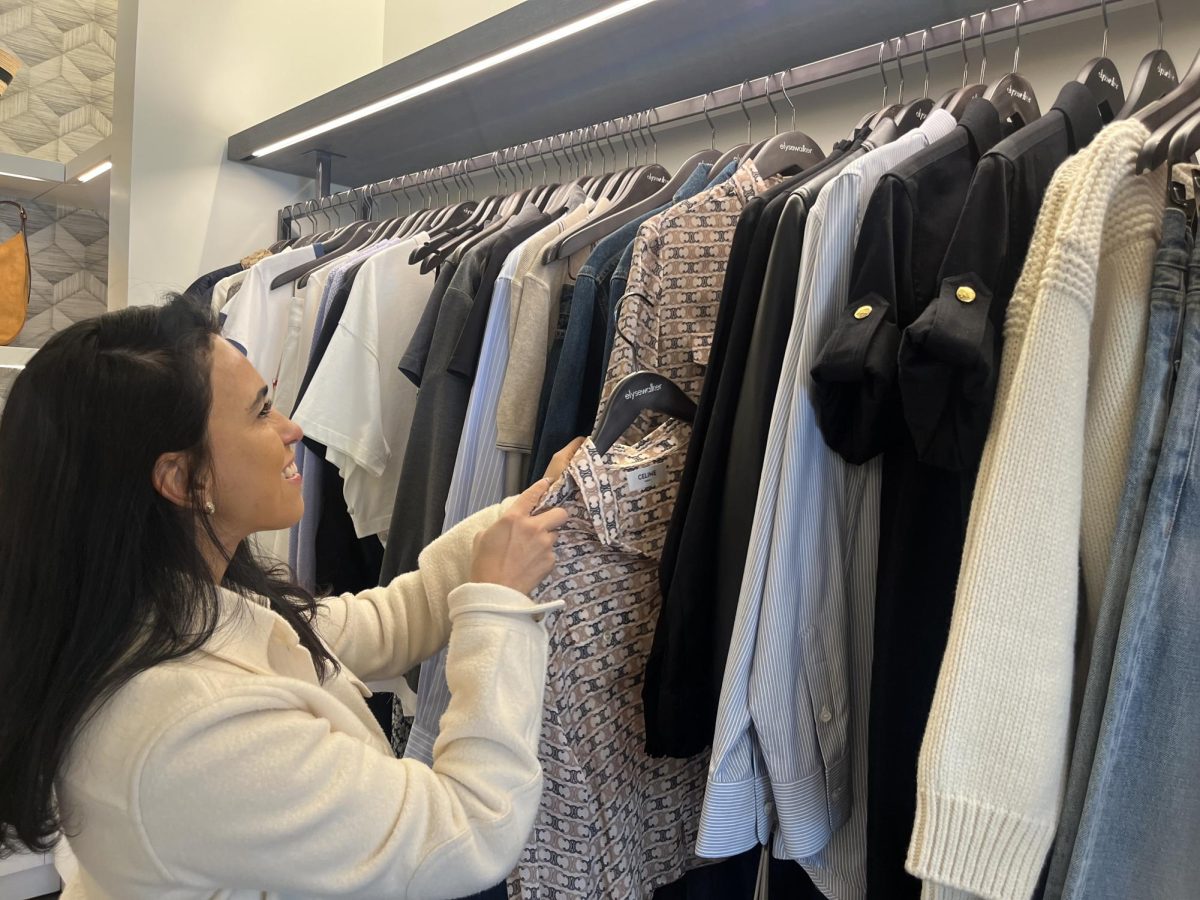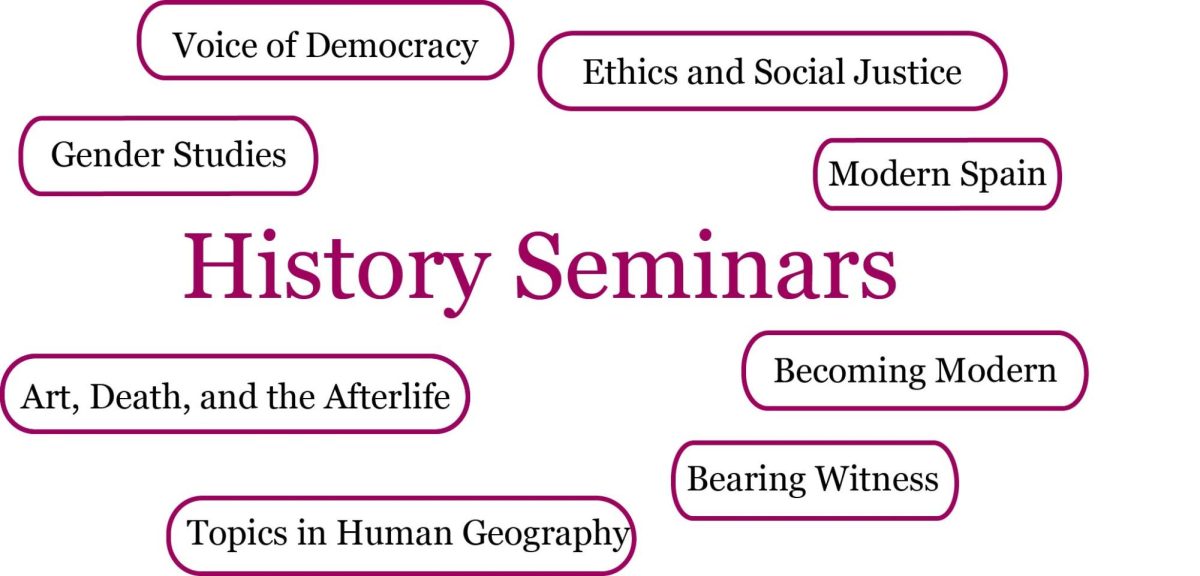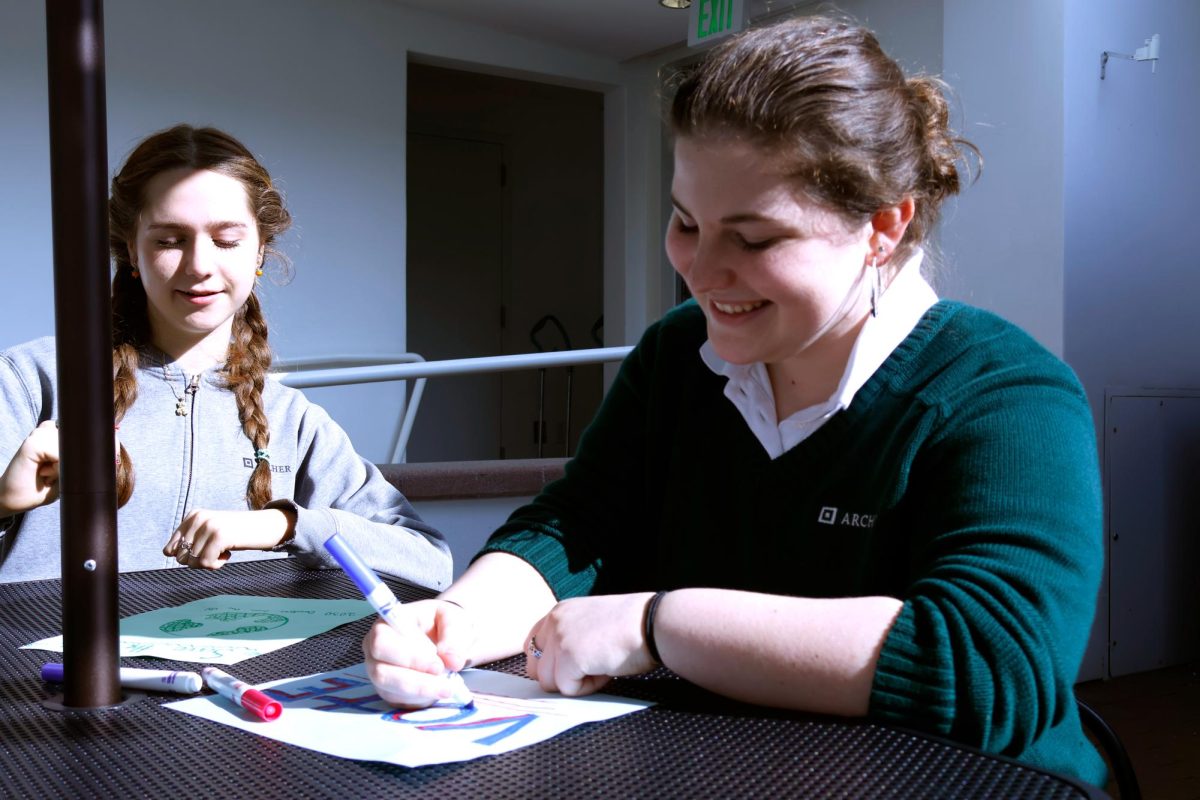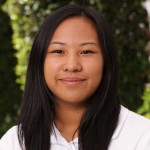Nine Archer faculty members traveled from Los Angeles to the Western Slopes of the Chugach Mountains in Alaska for the first ever Faculty National Outdoor Leadership School (NOLS) expedition in July.
English teachers Jenn Babin and Jed Donnel, Director of Learning Services Catie Chase, Head Librarian Stefanie Daehler, science teachers Jerilyn Joel and Hanna Shohfi, Librarian Luke Roberston, math teacher Tim Rule and history teacher Margaret Shirk were chosen for the one week trip.
“We traversed varied terrain which included everything from steep bushwhacking, multiple stream crossings, open tundra, ATV trails and sections of boulder and loose stone,” Daehler said.
In the spring of the 2014-2015 school year, teachers were given the opportunity to apply for the trip.
“I was intrigued by the trip as a student instead of a chaperone because the roles are very different and I was really interested in going to Alaska,” Babin said.
In comparison to Arrow Week, the faculty trip forced teachers to act as the students by cooking, setting up camp and taking turns as the Leader of the Day.
“When you’re a chaperone, you actually do a lot less than the students because the instructor team does a lot for us. They cook and they’re really good at setting up the tent. We don’t get to learn the leadership curriculum. We were never Leader of the Day or anything like that,” Babin said. “Each of us teachers was the Leader of the Day, and we had to practice giving each other feedback and all of the things that students do.”
The faculty members learned how to integrate leadership into the classroom and how to understand their students’ perspectives.
“I think the most beneficial thing is that it forces the teacher to be the student again. I think a big part of it is empathy. When you teach something over and over and over again, it begins to strike you as so unbelievably easy, but then you lose sight that it’s not [easy] for students,” Rule said.
By tolerating adversity and uncertainty in the wilderness, the teachers learned how to be more empathetic towards students who are struggling both inside and out the classroom, especially when learning something new.
“Suddenly when you’re forced in a role where you have to make the mistakes, when you recognize when the instructors are calm and patient, you go over things again and again and again — you realize how appreciative you are. It makes me mindful of the difficulties that my students have and I definitely have been taking that back to the classroom,” Rule said.
“I like what NOLS preaches and it’s very similar to how I want my class to function. I want to be more of a guide in class than a source of authoritative knowledge. I want to assist my students in reaching those outcomes. Those outcomes are going to be different and I like that variance,” Donnel said. “I’m using more NOLS-ean terms now, and I’m trying to make sure that the connections between the two are increasingly overt for my students. My class has become more like a NOLS course in a lot of ways through different material than it ever was when I started teaching.”
Below are some of Daehler’s photographs from the trip. Click on an image to begin the slideshow.






